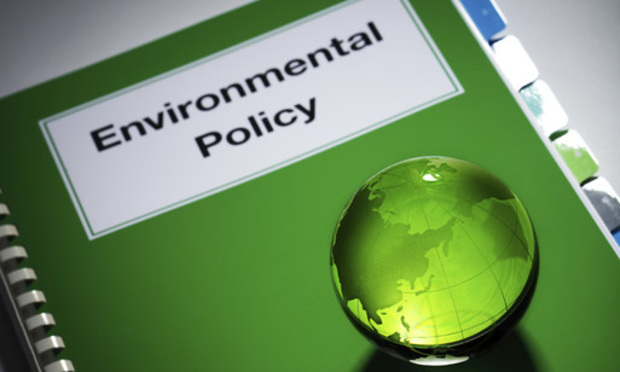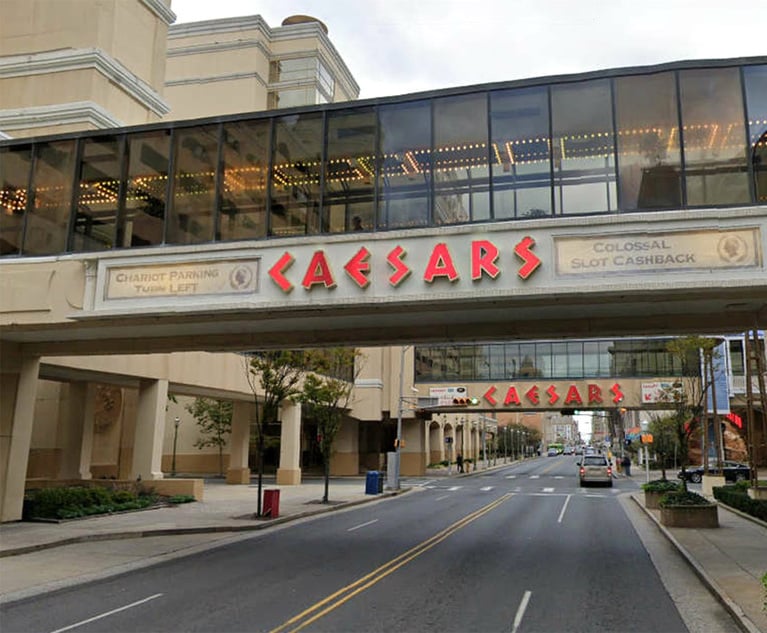The New Jersey Department of Environmental Protection (NJDEP) published new proposed site remediation regulations on July 17, 2017, with a 60-day comment period. In the proposed regulations (still pending adoption), a majority of which addresses certain “heating oil tank systems” under a new chapter, N.J.A.C. 7:26F, Heating Oil Tank System Remediation Rules, the NJDEP appears to veer slightly away from its one-size-fits-all approach toward site remediation with a shallow dive into a limited scenario risk-based model implemented by environmental agencies in many other states. The NJDEP has also proposed amendments to existing regulations that are not the focus of this commentary.
The New Jersey Brownfield and Contaminated Site Remediation Act (the “Brownfield Act”) allows for soil to remain in the subsurface at concentrations above the New Jersey Residential Direct Contact Soil Remediation Standards (RDCSRS) so long as an engineering control (cap) and institutional control (deed notice) are established for the site. However, the newly proposed regulations (specifically, N.J.A.C. 7:26F-1.5) deviate from the Brownfield Act by allowing two alternative remediation approaches for residual petroleum heating oil (but only consisting of Nos. 2, 4 and 6 fuel oil, and kerosene) contamination in soil remaining under a residential building. The NJDEP is proposing to not require a remediating party to record a deed notice or to apply for a soil remedial action permit for certain residential properties that have residual soil contamination at concentrations above the RDCSRS caused by a “heating oil tank system.” The heating oil tank systems under the proposed regulations include “unregulated heating oil tank systems,” “residential” aboveground heating oil tank systems, and “small aboveground non-residential heating oil tank systems,” as defined at proposed N.J.A.C. 7:26F-1.5.


 istock.com
istock.com




